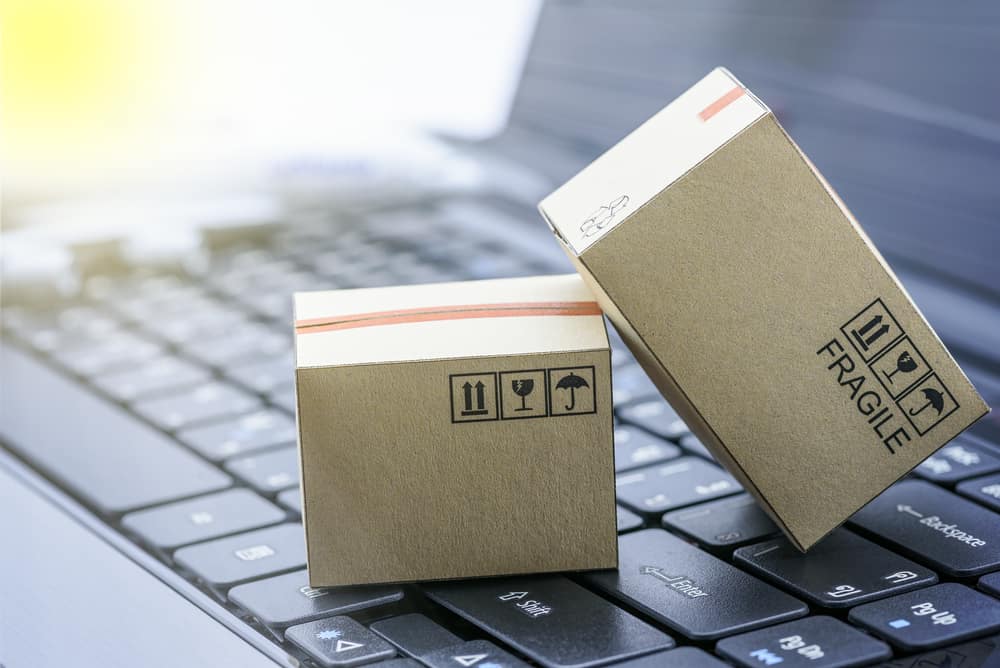
Indian logistics startup Delhivery has secured $413 million from the Japanese global technology company SoftBank Group Corp. (TOKYO: 9984), valuing the company at $1.5 billion. Dhlivery, which has raised around $675 million to-date, gets its unicorn status. (Unicorns are start-ups worth $1 billion or more; over 20 Indian start-ups have achieved that status since the end of 2017.) The SoftBank investment in Dhelivery will be followed by a secondary share sale by early investors like Nexus Venture Partners and Multiples, who will sell shares worth nearly $150 million.
Delhivery is one of India’s foremost ecommerce fulfillment companies, delivering more than 500,000 parcels daily across 15,000 pin codes (India’s equivalent of ZIP codes) with over 6 million square feet of established warehouse infrastructure spread across the country. With the fresh round of funding, the company would be aggressively scaling up with a target of reaching 20,000 pin codes over the next 12 months.
“We will be scaling up our newer warehousing and freight services through large investments in infrastructure, technology and global partnerships,” said Sahil Barua, CEO and co-founder of Delhivery. The company recently acquired the Indian operations of Middle East logistics giant Aramex, and seeks to create partnerships with logistics companies across China, the Middle East and the U.S.
The ecommerce industry has seen spectacular growth in India over the last decade. According to a recent report from consultancy firm Bain & Company, India recorded a compound annual growth rate (CAGR) of 53 percent in the period between 2013 and 2017. For context, the world’s largest ecommerce economy – China – witnessed 33 percent CAGR in the same time frame.
One of the primary reasons for this explosive growth is the competition that exists in ecommerce with companies like Amazon, PayTM and Flipkart (now owned by Walmart) wooing the population with attractive discounts and promising next-day and two-day deliveries to buyers. Another reason is the ever-increasing penetration of internet and smartphones, which aided by extremely cheap data usage plans, have brought millions of people to ecommerce platforms.
Ecommerce companies are now eyeing India’s largely untapped rural economy, which accounted for over $400 billion in retail sales in 2018. Like in many developing countries, the rural regions in India predominantly skipped directly from landline telephones to smartphones. Today, unlimited data plans in the country cost as low as $2.50 per month, providing opportunities for ecommerce to proliferate and capture the collective conscience of rural India.
However, for businesses to enter the continually expanding ecommerce industry and to hold their place in the market, last-mile delivery logistics need to be fast enough to meet growing consumer expectations. Transparency and visibility into supply chains prove to be essential, because those factors improve consumer loyalty to a specific brand or retailer.
This is how companies like Delhivery make their mark, expediting logistics operations by establishing fulfillment centers across major cities in India and coordinating them with their trucking services to deliver parcels quickly. Delhivery’s services now touch 1,700 cities and account for over 150,000 sellers across the country.
Delivering to rural India and the mountainous regions of the country’s extreme north and northeast are still a challenge, due to lack of navigable roads and difficult-to-identify addresses. However, increasing warehouse density and housing them in close proximity to such locations will help ease pressures on last-mile delivery. Delhivery, with its vast cash reserves, could do just that in the years to come.
